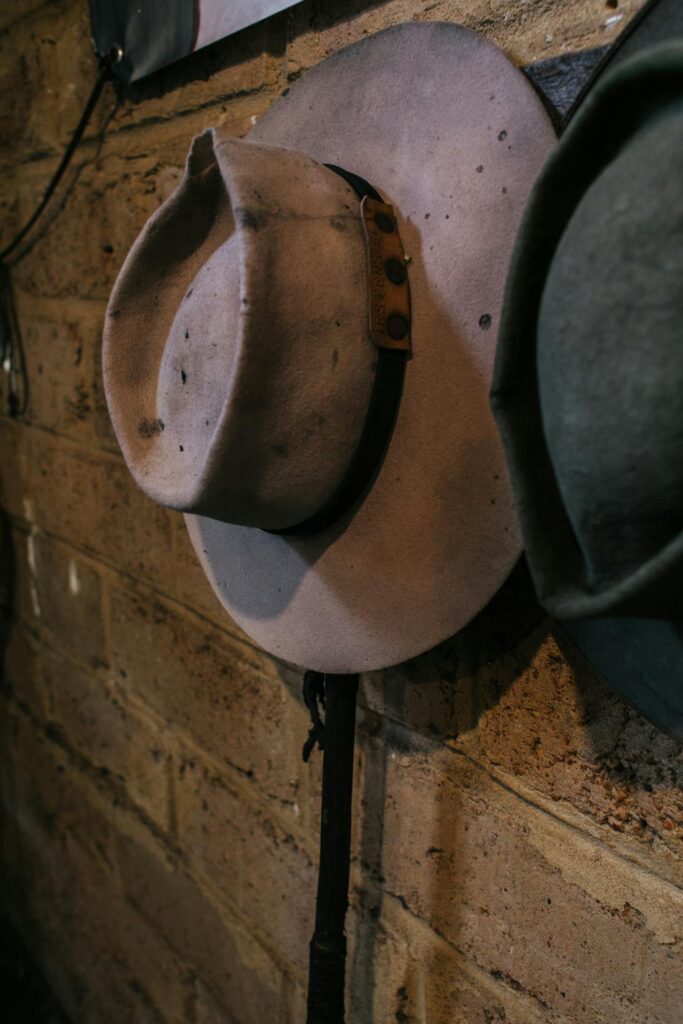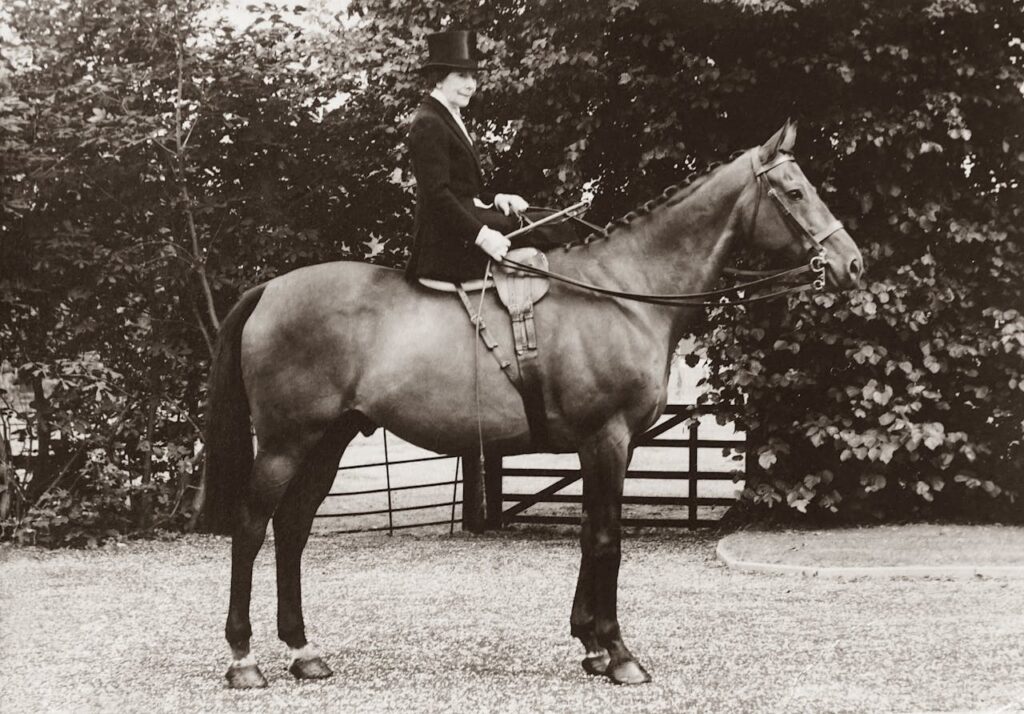Meaning: To understand or make sense of something, especially when it is confusing or unclear.
Usage in Example Sentences:
- “I can’t make heads or tails of this instruction manual—it’s so confusing!”
- “Can you help me? I can’t make heads or tails of these financial statements.”
- “She speaks so fast that I can hardly make heads or tails of what she’s saying.”
Origin:
The phrase is thought to come from the imagery of flipping a coin, where “heads” and “tails” represent the two sides. If you can’t distinguish or identify either side, you’re left confused, which metaphorically extends to understanding puzzling situations.










